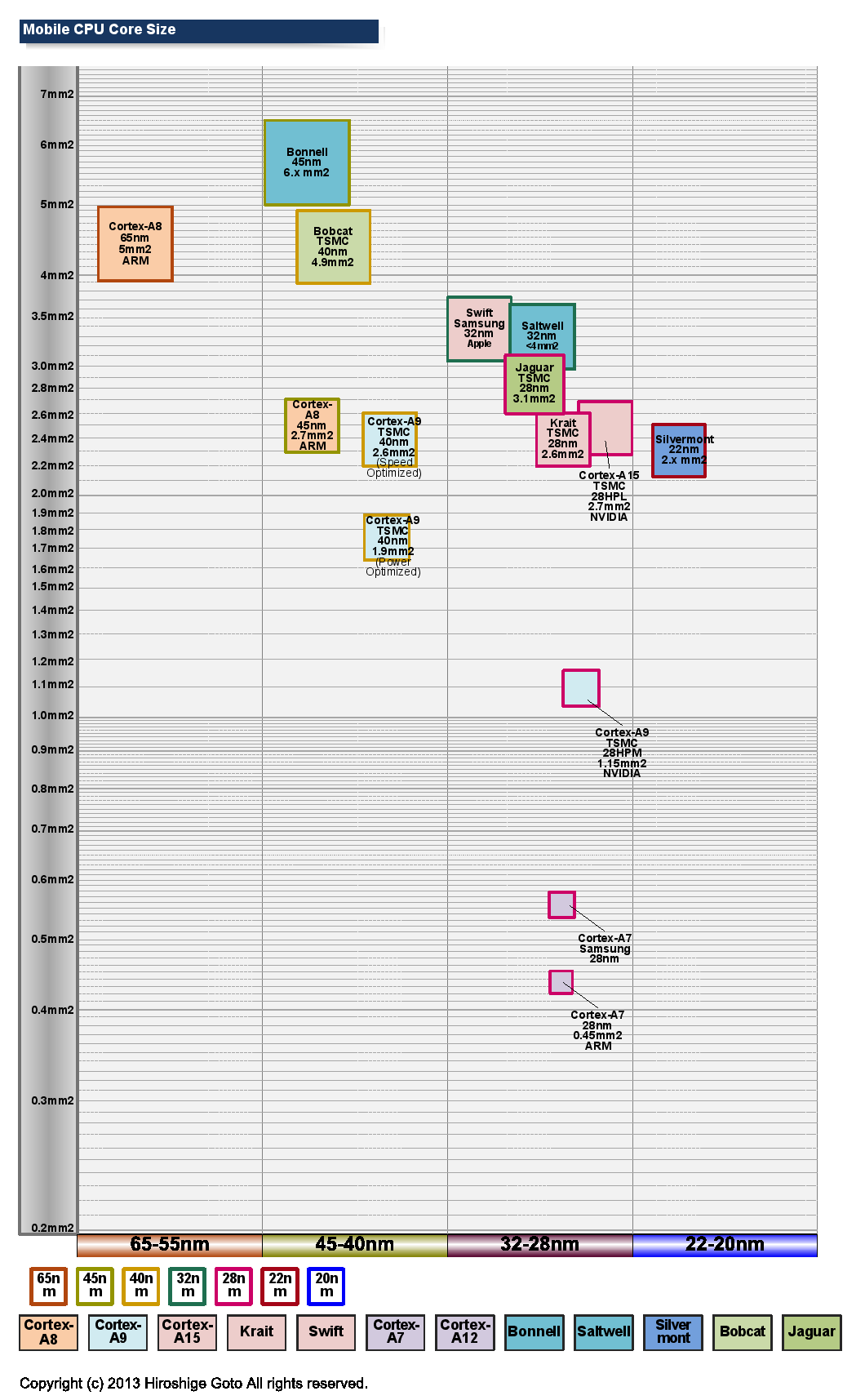For all the jocularity. Lets be clear. nVidia has a freakin good track record with the switch and I can't imagine Nintendo is anything but happy ATM.
I do wonder if they can find a ballance between the new power hangry GPU and whatever denver morphs into...
I do wonder if they can find a ballance between the new power hangry GPU and whatever denver morphs into...
![[H]ard|Forum](/styles/hardforum/xenforo/logo_dark.png)

